Australia passed a law last year that forces Google and other big tech companies to pay for the news they receive out of the country, thereby acting as the first country in the free world to place financial restrictions on big tech.
For many of us living in the United States or other parts of the free world, this is unimaginable. I certainly had never considered the possibility of law like this being enforced. But with the clear success Australia’s results demonstrate and the growing negative influence of big tech in the U.S., I can officially say that this was most certainly the right decision for Australia, and if done in other countries, will be the right decision for them as well.
Pondering how we should control tech giants raises an important question — what is the true scale of big tech? We all think of these companies like Google, Facebook, TikTok and Twitter, but have we ever actually considered how large they are and how influential they are in our lives?
Google made over $257 billion in 2021, which was a 41% increase over their earnings from 2020. Facebook, now known as Meta, made approximately $117 billion in 2021. And Elon Musk just bought Twitter for $44 billion. The income of these companies represents only a fraction of their influence over society.
In 2022, over 71% of U.S. citizens used Facebook regularly. Google is the most visited website in the world and is the most dominant search engine. Google also holds almost 92% of the market share in 2022.
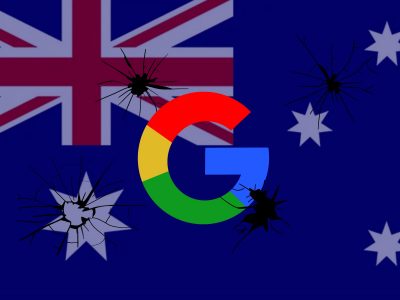
These statistics highlight how big tech companies are not only holding stock in the market but also in our lives.
Such extensive influence is dangerous. Every day big tech companies are taking advantage of people and getting away with actions for which they must be held accountable.
Think about all the Amazon workers who were being mistreated, just so deliveries could be faster. Think about the studies and surveys that have proven Instagram usage leads to depression. Think about how Twitter was used to spread lies about the 2020 election, and yet Musk just allowed former President Donald Trump back on the platform. Think about all the antisemitism from Kanye West that has been spreading on social media platforms. Even yet, he’s only been banned from Twitter and Instagram thus far, and it took him posting a swastika to get Musk to take action.
And even more, think about how the day of the Uvalde mass shooting, the perpetrator sent messages on Facebook describing that he was going to shoot his grandmother, which he did, and then how he was going to shoot up a school. Facebook allowed this to happen, and they were never held accountable.
What Australia did by financially placing restrictions on Google and Facebook was not directly related to the influence of big tech in society, but it did set a very important standard. Placing any sort of restriction on a big tech company, regardless of what sphere the restrictions are placed on, paves the way to greater restrictions and shows that these companies do not have to have the kind of control we have given them.
Australia’s decision to hold Google and Facebook accountable in a financial way is a huge step in the right direction to not only holding more big tech companies accountable, but to leading other countries to do the same. Australia has begun paving the way for a future where big tech does not have free reign over our lives.
I am not saying that big tech does not have its benefits, because it certainly does. And I am also not saying that we should all turn our backs to essential social media networks and search engines. What is important is noting that the future of society depends on governing big tech. Let us all follow in the footsteps of the Australians and not let tech behemoths control our lives.























































































































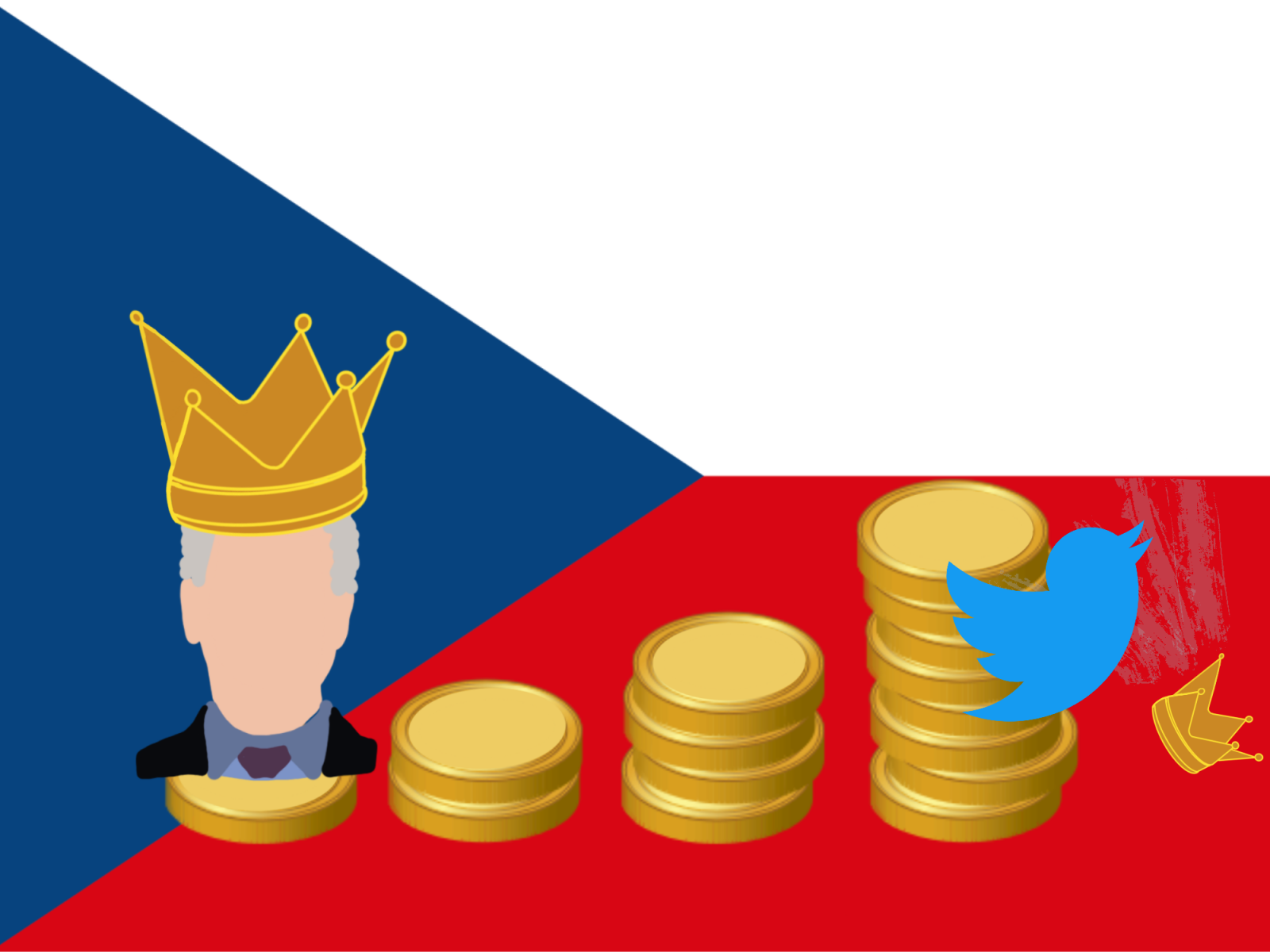
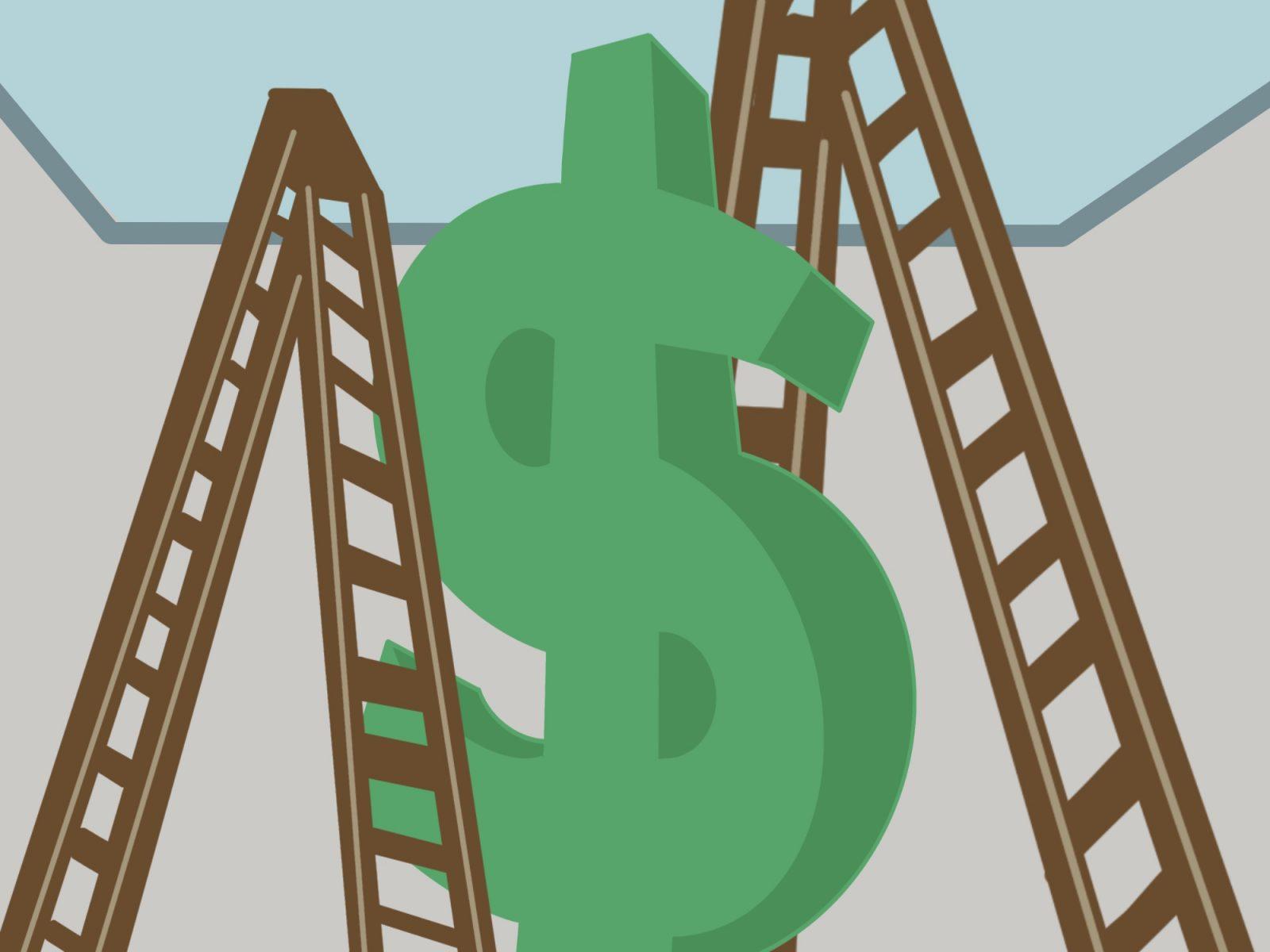

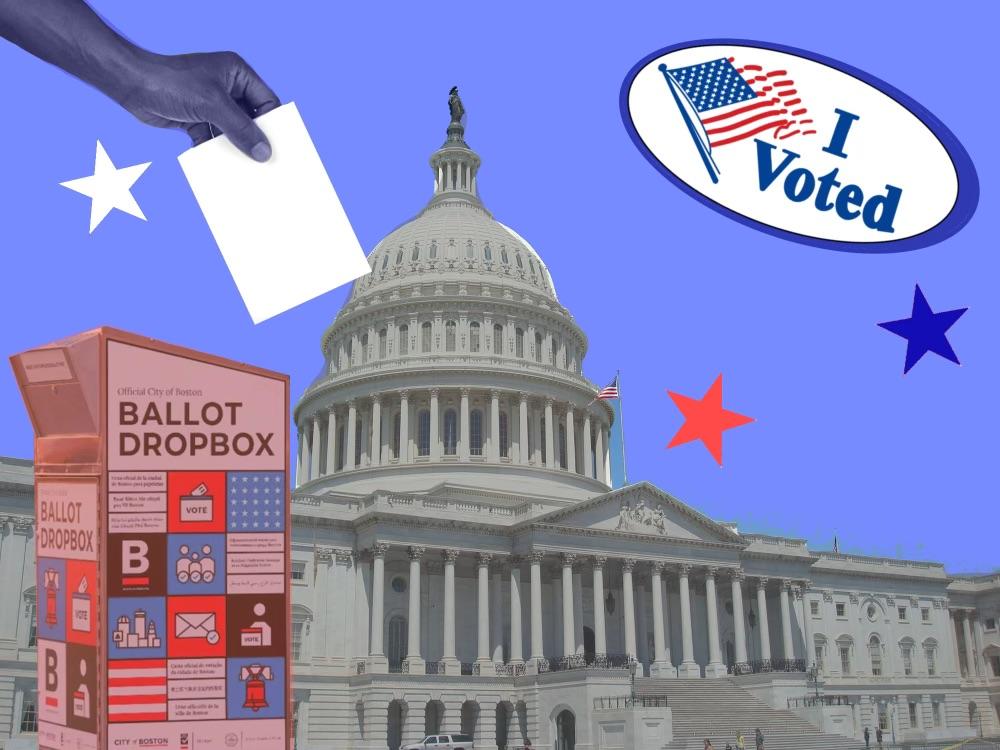
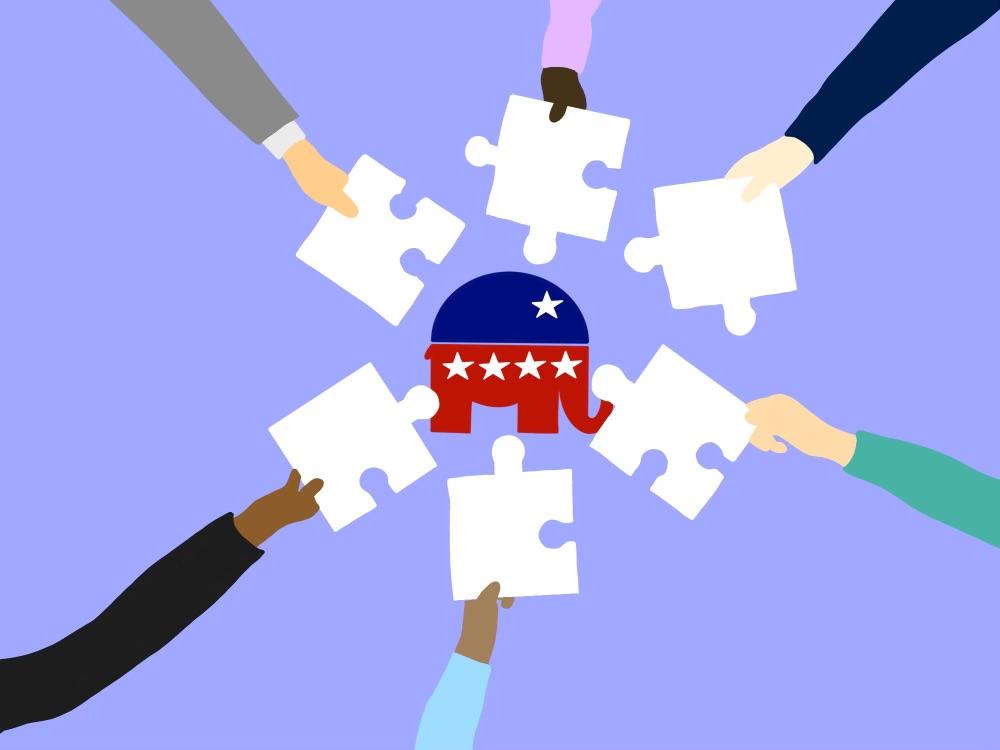
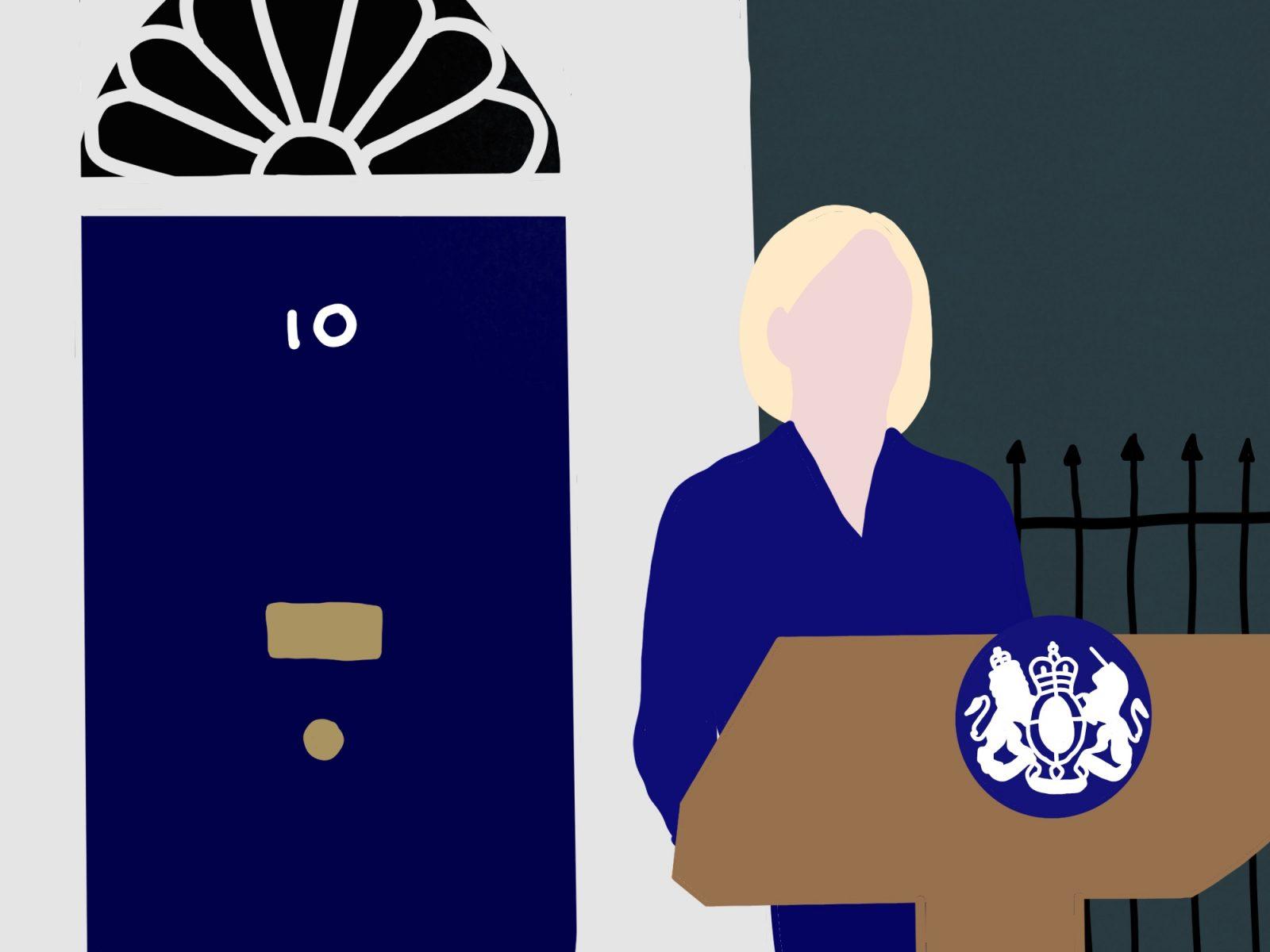
Phyllis Glickman • Dec 8, 2022 at 2:02 pm
Great article. I agree that big tech has influences that should be
controlled.